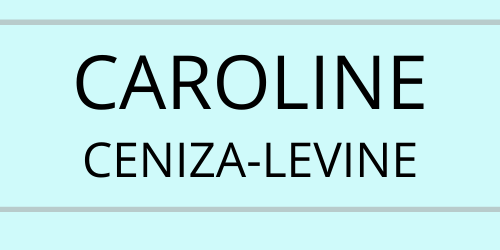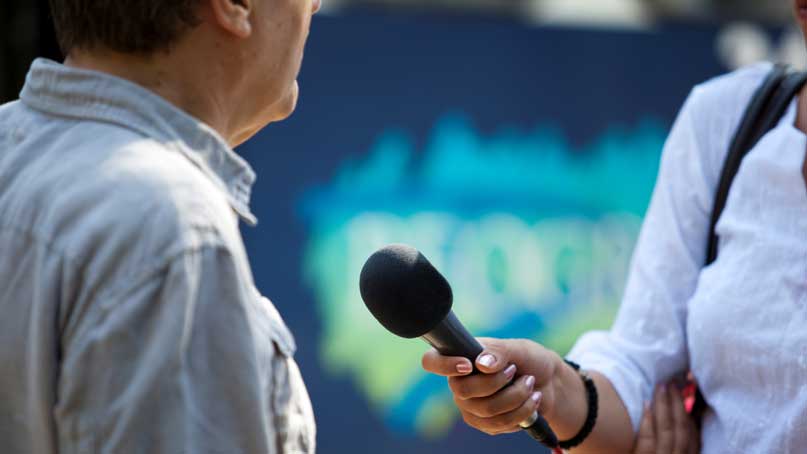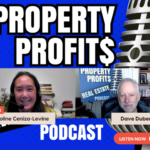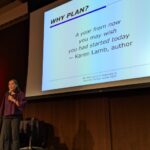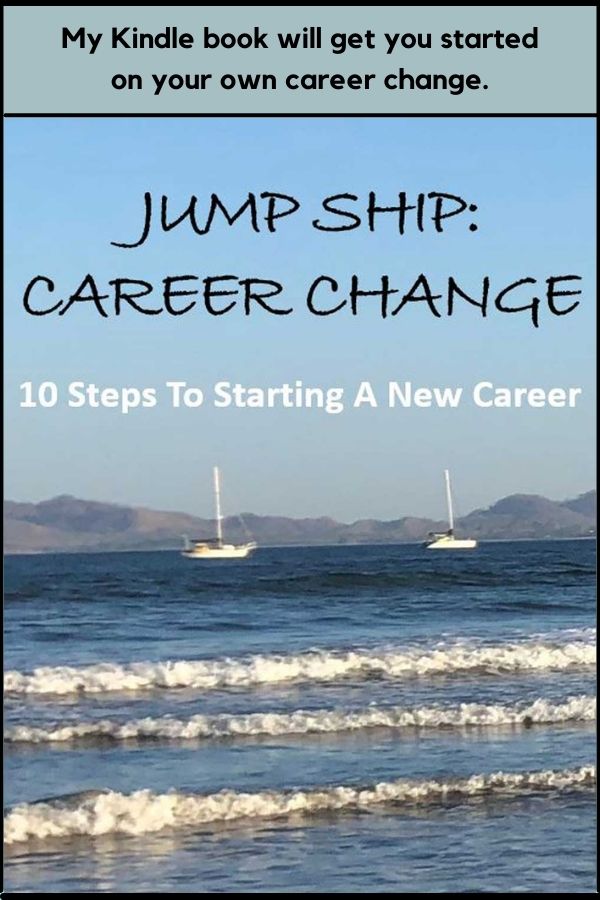How do you leave a well-paying, stable job for a brand new career? Archith Seshadri did just that when he left a management consultant career to pursue journalism. He has since worked on-air, in print and digitally for CNN, CBS, ABC and currently Fox.
I hear from many management consultants and other professionals in highly paid roles who are unhappy where they are but feel trapped in the compensation, prestige, lifestyle, or security. Their job is many other people’s dream job, just not theirs, but they feel guilty walking away. In contemplating a career change, it’s helpful to hear from people who have actually done it:
Caroline Ceniza-Levine: How did you get from management consulting to TV reporting? How long did it take?
Archith Seshadri: I started my career at Accenture in 2004 after graduating from Georgia Tech with an Electrical Engineering degree. Interestingly, I interned at SIEMENS in college and realized I wanted something more engaging and people oriented than testing circuits in a lab. I spent 6 years at Accenture but while I was in the consulting realm, I found ways to grow my soft skills as well. I was promoted twice and was the lead of the Atlanta Work/Life Team and organized “Take Your Kids to Work Day.” Every year, for my feedback, I would get praised for communication and leadership. I decided to take some of this feedback and look at opportunities at CNN. While I was working on my Masters in Industrial Engineering, I interned at CNN and held a full time job to get some hands-on experience. After 6 years, I called it quits and switched careers from consulting to TV news reporting. My coworkers were all in support and were shocked because I was taking a huge pay cut but I was still passionate about it and I am glad I made the switch.
Ceniza-Levine: Did your career change require any special certifications, program, coaching or other investments?
Seshadri: I did a lot of research about going back to school and maybe getting a Masters degree in journalism. A lot of people who graduated with a journalism or communications degree told me it was important to get more hands-on experience. I spent more than a year working on weekends at the CBS affiliate in Macon, Ga as a producer/reporter. This was my “hands-on” journalism experience. I learned how to put stories together, work on web copy, shoot, edit and even produce! When I revamped my resume, I also split up my experience as “Journalism” and “Business” experience. That shows potential employers that you have expertise in more than one area.
Ceniza-Levine: What was the most helpful strategy/ action you took?
Seshadri: I think just having realistic goals and letting people know about my strategy to work in TV news. I got books from Amazon about TV news and what to expect. I also focused on why I wanted to do this. I really loved writing, and meeting new people and finding ways to not have a desk job. I had also lived abroad and had world experience to bring to the table. I did a lot of volunteer writing and submitted articles to local papers and magazines. I also wrote for the college paper. It was almost like taking skills I had learned along the way and using my experience to make me stand out. I also joined AAJA and SAJA – professional journalism organizations. I attended conferences, networked and got feedback on the most basic concepts. But that networking really helped and staying in touch with those contacts over the years!
Ceniza-Levine: What was least helpful, or a strategy/ activity you thought would be fruitful but wasn’t?
Seshadri: I’m not really sure– I don’t think I’ve had a “bad strategy” per se but I’d answer this revising and revisiting. For example, it’s important to network. Everyone hears about that. But it’s not just about getting someone’s business card and sending one thank you email. It’s how you maintain and organize those contacts. Also, using tools like LinkedIn and Twitter is very important. In fact, I got my most recent job at Fox through Twitter. You have to know your brand. You have to be able to articulate what you bring to the table and constantly be able to add value. That is the key to having a strategy. As the adage goes, “it’s not about what you know, or who you know, but who knows you!”
Ceniza-Levine: What do you know now about making a change or your new career that you wished you knew when you started this process?
Seshadri: Sometimes I wish I started a little earlier but in TV news, you don’t want to look like a young face. I’m now 31 and over the past decade, I feel like I’ve really been able to grow in my career. Some things don’t change no matter what career or job you are in. You will have good days and bad days. You’ll have to learn how to play office politics. Sometimes perception is reality. But if you work hard, know that you are working towards a bigger goal and constantly learn and improve– then you are a strong candidate. Also, don’t tell everyone, especially your current coworkers, because you don’t want them to start suspecting you aren’t doing a good job in your current role. Be careful of what you post on Facebook. I wouldn’t add managers on Facebook and if you do, keep them on a restricted list.
Ceniza-Levine: What advice would you give to someone who is considering an extreme change?
Seshadri: The biggest thing I’d say is to stay focused and work hard every day to reach your goal. It is so easy to get discouraged. While chance may play a role, it is the choices you make that will help you reach your success. I laugh about it now but working a 40 hour job, interning at CNN and getting my Masters is no easy feat. It means you have to give up on your social life. It means making sacrifices. When I was in Macon, Ga I would stay in the newsroom to save money and work almost around the clock. It made me grow as a journalist. In today’s day-and-age, you have to be able to multi task. Every journalist (no matter if you are print or broadcast) has to be Twitter savvy. You have to not only have a Facebook and LinkedIn but use it regularly to leverage contacts. I also try to attend networking events now and following up to get feedback on my work. This year, I pitched some cool stories that helped me grow as a reporter. I traveled to Washington DC to cover National Police Week and spent a week in Atlanta. You have to find ways to make things efficient, faster, cheaper – people love to know how to live better, how to save more, how to be healthier etc…
My favorite takeaways:
- Just get started – you need hands-on experience, not a specific degree. Where can you volunteer or consult to get experience in your new role or industry?
- Do your research – Seshadri spoke to people in the field, read books, and attended conferences. Who do you know who can point you to the insider blogs, networking groups and other trusted sources of information?
- Network the right way – maintain and organize your contacts, and take advantage of social media. How can you get started today – even if it’s just to reconnect with your existing network to practice basic networking skills?
- Plan for the transition – in Seshadri’s case he took a pay cut and laid the ground work for the career change while still in his first career. What are the logistics for your career change –the financial repercussions, the timing of when you can make a change?
- Enjoy the wins – it was nice to hear Seshadri reflecting on his big stories. What wins do you want to have in your career? Will you get there without making a change?
A version of this post originally appeared in my column for Forbes.com.
